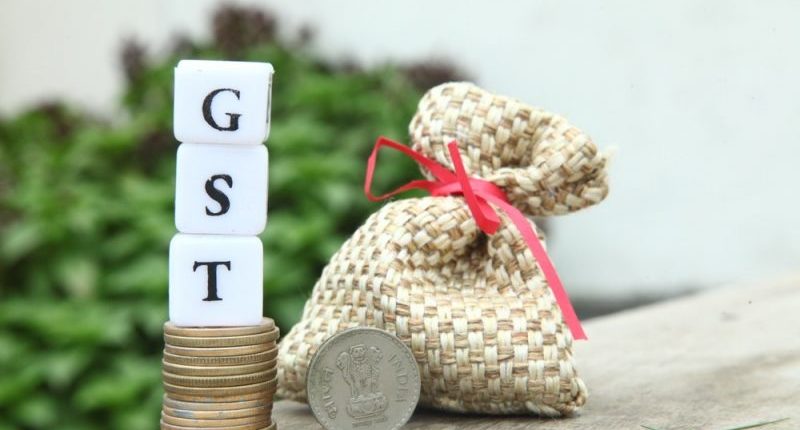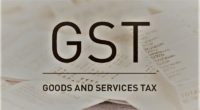The government is concerned about falling GST revenues. One of the main reasons cited is some taxpayers are claiming Input Tax Credit (ITC) fraudulently without possession of valid invoices. To put a check on these instances, the government is preparing the e-invoice system.
To implement the e-invoice system, the Central Board of Indirect Taxes & Customs (CBIC) has released five notifications on 13 December 2019. From 01 January 2020 to 31 March 2020, the generation of e-invoice will be optional for the taxpayers whose turnover is more than five hundred crores. The notification 70/2019 states that from 01 April 2020, the e-invoice is mandatory for taxpayers whose turnover is more than one hundred crores.
Usually, generating an e-invoice is mandatory for all the B2B transactions (transactions entered with registered persons). But as per the notification 72/2019, the taxpayers whose turnover is more than Rs 500 crore shall generate e-invoice with dynamic Quick Response (QR) code for B2C transactions also (transactions entered with unregistered persons).
Also Read: Government panel to track GST defaulters, uses fraud detection software
The taxpayer should note that the turnover for the previous year will be considered for compliance with e-invoicing provisions. In future, once e-invoice generated, all the data required for reporting of returns will be auto-populated. And in the future, when e-invoice is generated, the e-way bill will not be needed.
CBIC also notified through notification 69/2019 that there would be initially ten e-invoice websites under common goods and services tax electronic portal for preparation of the invoice. With these notifications, it is clear that the implementation of e-invoice and new return filing systems will be simultaneous.
The government already released a note on e-invoice along with a template explaining the e-invoice schema. The taxpayers can get a view during the optional period that how an e-invoice system works and what are the challenges while generating e-invoice. The government is of the view that this system is needed to prevent activities of unscrupulous persons. This system will help to boost the revenue collection and it will also ease the compliance process.
For any clarifications/feedback on the topic, please contact the writer at dvsr.anjaneyulu@cleartax.in
DVSR Anjaneyulu known as AJ, is a Chartered Accountant by profession. Loves to listening to music & spending time with family and friends.





